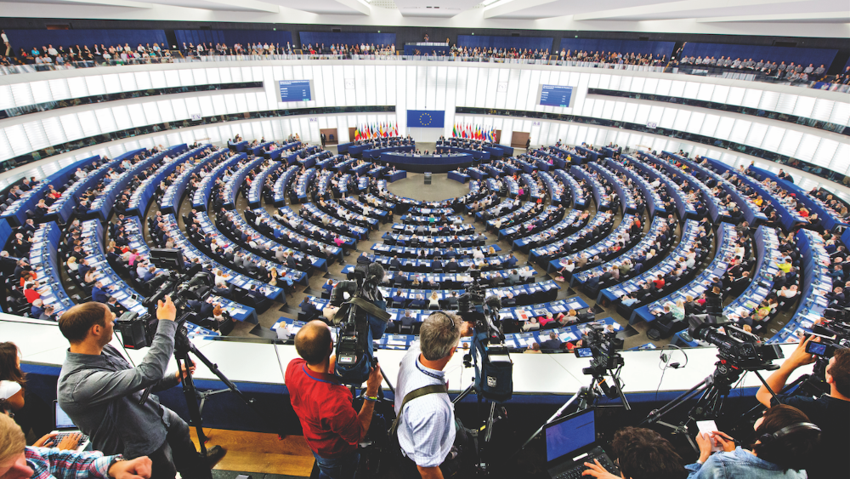Trilogue put lights on green for Horizon Europe
As a first result of the trilogue on the €100m+ Horizon Europe programme, MEPs backed the backbone of the EU’s future research and innovation programme. At the end of April, MEPs voted with a broad majority (590 yes to 42 no with 25 abstentions) to implement the EU’s ambitious innovation programme Horizon Europe (2021–2027), which will replace the EU’s current Horizon 2020 framework. The partial agreement confirms much of the programme, but not its budget or the involvement of non-EU countries: these details will be tackled in October.
“This is a good day for Europe,” said Dr Christian Ehler, chief negotiator for the specific programme for the European Parliament (EP). “About 35% of the budget will be earmarked for climate protection, making Horizon Europe the world’s biggest programme to stop global warming,” he said.
A decision on an expansion of the programme’s budget to €120bn, addressed by Ehlers last year, however, is pending, along with the question of how to collaborate with UK researchers after the Brexit. With regard to a budget increase, Research Commissioner Carlos Moedas said it will be challenging enough to defend the approximately €97.6bn proposed by the Commission against the member states. Once the Council has agreed on the size of the overall budget, the new European Parliament – that was elected at the end of May – will negotiate on the outstanding issues with member states.
Rapid tech transfer in focus
According to the trilogue agreements, Horizon Europe will be built on three pillars defining the broad lines of research activities under the programme running from 2021 to 2027: excellent (basic) science; global challenges and European industrial competitiveness; and innovative Europe. Under the global challenges pillar, “more than half (55%) of the new Horizon Europe budget will be devoted to the funding of ‘excellence collaborative projects’ in which universities, research institutes, and industry will collaborate to address the most urgent challenges,” said Ehlers, adding that “we have agreed to create five missions and eight topics for partner initiatives.” The missions were originally proposed by the Commission and a cluster ‘Health,’ a cluster ‘Culture, Creativity, and Inclusive Society,’ a cluster ‘Civil Security for Society,’ a cluster ‘Digital, Industry, and Space,’ a cluster ‘Climate, Energy, and Mobility,’ and a cluster ‘Food, Bioeconomy, Natural Resources, Agriculture, and Environment.’
Within the Health cluster, about €1bn are set to be devoted to the fight against paediatric cancers, Ehler said in a press release, adding that companies and researchers will have access to funding within just six months through a “fast-track option,” omitting the need to wait for a call but spontaneous proposals for project ideas.
Furthermore, the Parliament backed the Commission’s plan to create a European Innovation Council (EIC) under the innovation pillar, as well as work programmes implementing the specific programme. Ehlers said that the EIC, “for the first time, will address European start-up companies,” developing breakthrough technologies. At least 70% of the budget of the newly-created EIC is reserved for SMEs and the possibility to support innovative companies through grants only, in line with the MEPs proposals.




